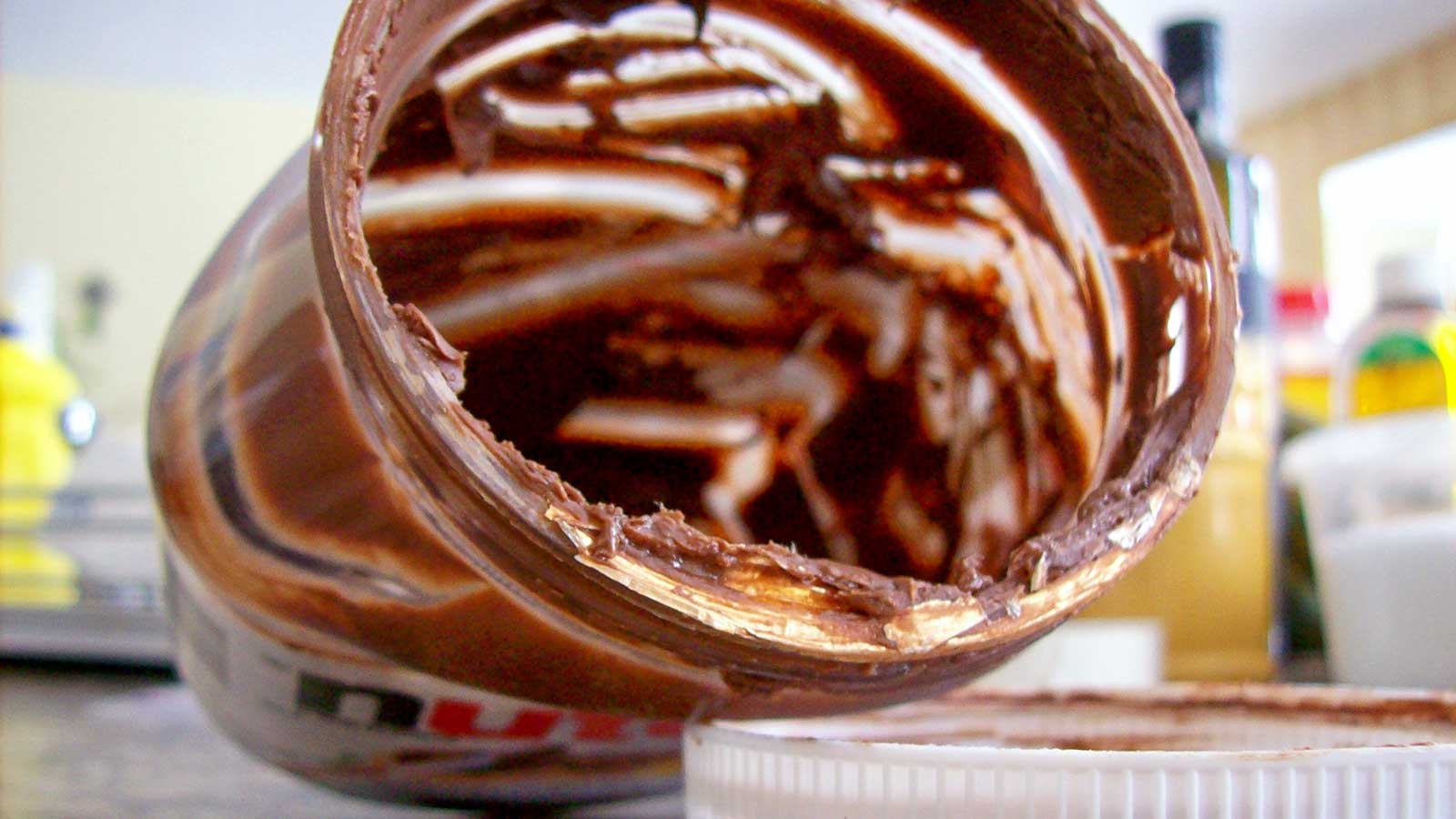Q. As a California resident, I have been keenly aware of my water usage and trying to curb any water waste. At the same time, we are avid recyclers who live in 12-unit condo complex. The head of the homeowners’ association is consistently sending notices to the building asking people to better clean their recyclables (e.g. glass jars, plastic containers, etc.) before disposing of them in the community bins. I’m torn: Do I waste another gallon of water trying to get those last remnants out of the Sriracha bottle or do I save the water and recycle a less-than-pristine item?
Thank you,
Rick
Los Angeles, Calif.
A. Dearest Rick,
What we have here is a rare instance of two rights – recycling and conserving water – making a wrong. Recycling our empties and saving water resources during a drought should both be priorities. Luckily, in this case, we don’t have to choose one or the other.
I chatted with Jimmy Tokeshi, public information officer for La La Land’s Public Works department, and he confirmed that recyclable items must be free of grease and other organic matter before hitting the bin. Otherwise, overly peanut-buttered or Sriracha-slathered containers will just be yanked out at the recycling center and sent to the landfill. (This is not necessarily the case at all recycling centers, mind you: Some are more forgiving of dirty jars, lime wedges stuck in beer bottles, and the like. It’s always smart to check the regulations at your local waste management facility.)
But back to drought-puckered California, Rick: Liquid bottles can simply be emptied and placed in your bin (and the drier, the better, so as to prevent them from reducing your recyclable papers to mush). Jars and tubs that once held stickier foodstuffs – your margarines, mayos, and mustards – present a bit more challenge, but you don’t need to use additional water to get those empties in tip-top shape. Tokeshi recommends wiping out wide-mouth containers with a used napkin or paper towel (don’t forget, you can compost that!), sans water. If you’re the cloth-napkin type, a flexible kitchen spatula works just as well.
And what about those skinny-necked bottles, you might ask? Save the wash water from your last sinkful of dishes, pour some in the container, pop on the cap, and shake ‘til clean. This shouldn’t take anywhere near an extra gallon, and you’re recycling water to boot.
Thanks for your dedication to both of these causes. It’s not always easy serving two masters, but in this case their demands line up nicely.
Water-wisely,
Umbra



